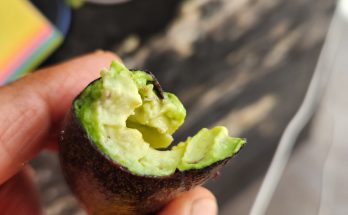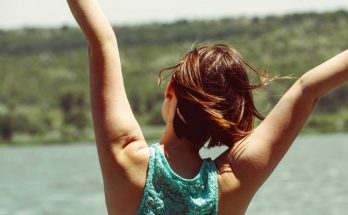Photo by Martin Buenviaje
By Diana Hoogesteger
Why the Vision Council?
Society has reached the limits of separateness. The search for independence and freedom, and having everything available within reach of a cell phone has led us to a lack of connection. We see families where everyone is looking at their cell phones revealing a lack of connection. We are separated by borders and nations, by private property, and by the idea of a single-nucleus family. We have separated man from nature. Today much is handled by robotics and artificial intelligence. We have managed to separate the atom, creating atomic bombs. We have made great technological and scientific achievements, carefully taking everything apart. But we have forgotten how the whole of which we are a part works. We had forgotten Nature, which sustains life, but fortunately, we are beginning to remember it. Knowledge and understanding are awakening us from this separation.
Can we imagine other ways of living?
The Vision Council is a co-evolutionary movement that shares a vision of a world based on values—cooperation, creativity, diversity, decentralization, and social justice. It also considers ecological health, the well-being of children, respect for and the knowledge of indigenous traditions, and the recognition of unity with nature. Since 1991, the Vision Council has organized a week of community living and sharing as a collective in co-creation. From December 4-11, the XVI Council of Visions, “El Abrazo del Amate,” took place at the foot of the sacred hills of Tepoztlán.
The week of community living began each day with purification in a temazcal (sweat lodge) or energetic practices such as Qi Gong and yoga. Breakfast was communal, dancing harmonized the group and hearts, and helped set the agenda for the day. Some of the themes were community and transition networking, education for life and peace, agroecology, natural and integral health, and a children’s village. There were also concerts, documentaries, songs, mural painting, mask creation, and talks with indigenous grandparents. These were seven days of intercultural meetings, and conversations about water and land concerns, culture, and art that promotes planetary regeneration. It was amazing to live in a space of collective care and respect. My six-year-old son moved freely within the community (like all the children present), knowing that he was cared for by everyone. It developed his confidence, independence, and creativity.
It was enriching to be with others who work positively and actively to transform all aspects of humankind. It is an art to change our ways and habits, and there are many ways of doing so. We urgently need to recover trust between human beings, self-love and love of life, and caring for the earth. This meeting was an inspiration for having new dreams.




